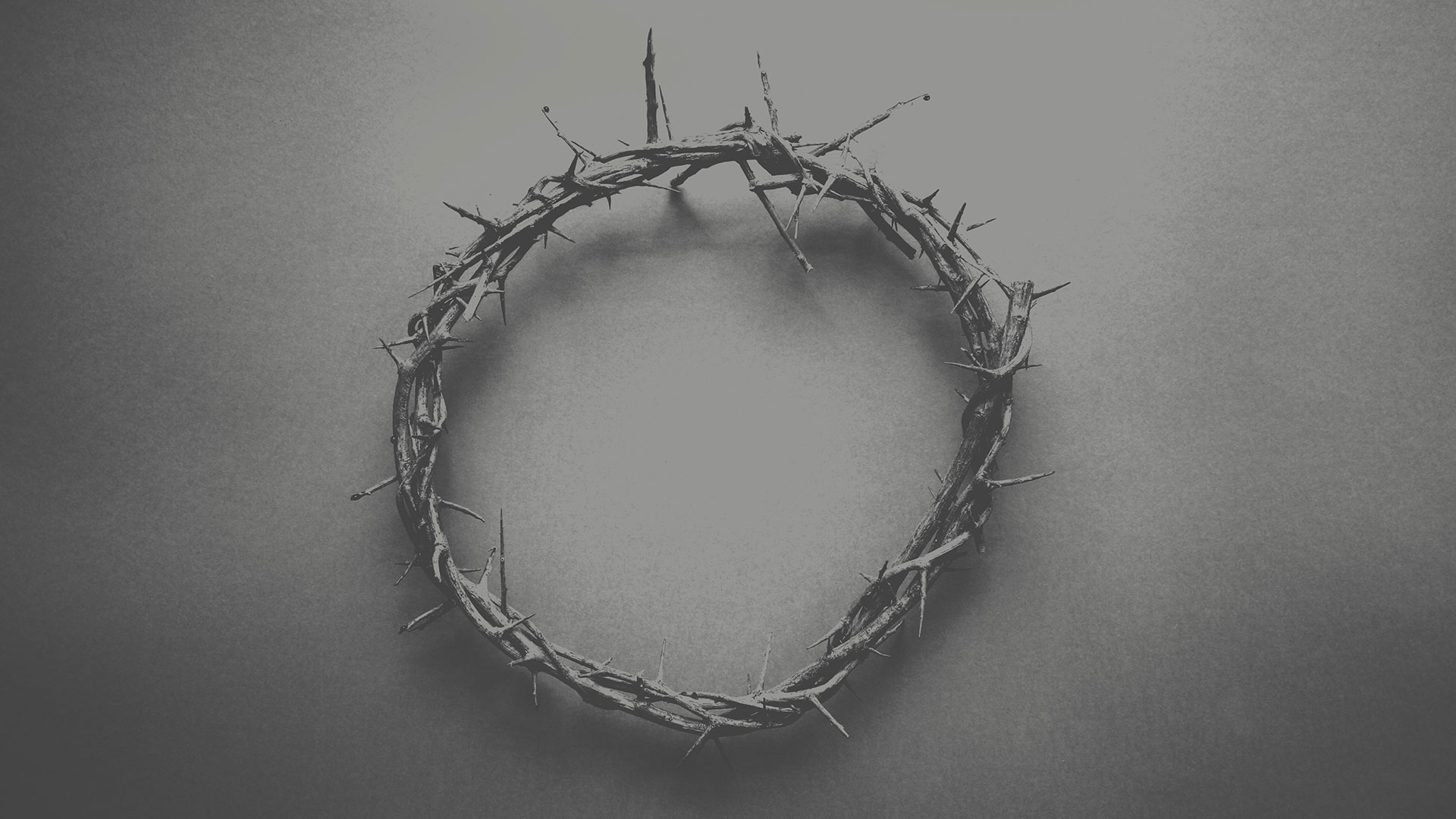Jesus’ resurrection not only declares his victory over death but also plays a significant role in our justification as believers. Greg and Amy explain.
Transcript
Question: What part does Jesus’ resurrection play in salvation? If he didn’t rise from the dead, wouldn’t our sins have still been paid for by his death? Does the resurrection seal the deal in some way? Or does it accomplish something separate?
Greg: Well, a simple way of answering this is to go through your text and find every place where the resurrection is mentioned and see what the text or the writer says about the resurrection.
There’s one passage that says that he was raised for our justification. Salvation is a big giant package. There’s a whole bunch of stuff that’s going on. And part of it is payment of the debt, but also part of it is victory over death, and so, remember in the prophecy, the veiled prophecy in Genesis 3—you will wound him on the heel and he will wound you on the head, something to that effect, speaking of the seed of woman, understood there to be the Messiah, and the snake, understood to be Satan. So, the Messiah would be wounded on the heel, but Satan would be wounded on the head. There would be a wound, but it would not be mortal to the Messiah—not, in a certain sense, ultimately mortal—but there would be a mortal wound to Satan. It’s interesting. If you smash the snake head with your heel, it can hurt your heel, but it kills the snake. That’s kind of the picture there. Jesus died, but, rising again, showed that his death was temporary, and he defeated death for all of us. Okay? Death, where is your sting? 1 Corinthians 15.
So, Jesus’ resurrection was important to accomplish other things. It somehow sealed the justification that we have now. I don’t know if I’m in the best position to give you the entire calculus of that, but it does say “raised for our justification.” And there are other passages that talk about the role the resurrection plays in the package of salvation, and that would be a good thing to go back and check out. That’s the way to answer the question. Go back and see what the text says about the impact of the resurrection and the role it plays in the larger picture.
Amy: So, let me add a couple things onto that, Greg. One thing, when you’re talking about him overcoming death, Romans 6 talks about how we die with him. We’re buried with him, and then we’re raised with him. So, he was the first fruits, and we’re raised in him by virtue of being joined to him. So, without him being raised, we wouldn’t be raised. That’s the first thing. So, that’s for our resurrection in addition to for our justification.
When it comes to justification, what I think is that, if you go to Hebrews and you look at Hebrews 7–10, you’ll see that Jesus had to enter into the heavenly temple not built with human hands, the temple that the temple on Earth—the tabernacle on Earth—was built to represent. So, the tabernacle on Earth was just a shadow of what it was supposed to represent, and what it was representing was the temple in Heaven, where Jesus had to enter with his blood, because that’s the other point that Hebrews makes. On earth, in the tabernacle, you have the blood of bulls and goats, which can never take away sins, but Jesus entered into the heavenly temple with his own blood, and he applied that blood in front of the Father to attain our justification. I think that’s how it plays into it. He’s our high priest, and were he not raised, he could not be our high priest. I think people miss that aspect of who Jesus is. He’s not just our Savior. He’s our high priest in front of God. So, that’s in Hebrews 7–10.
Then, one last thing. Romans 1:4 talks about how Jesus is declared the Son of God with power by the resurrection from the dead. So, it also declares who he is and his divinity and his role as the Messiah. So, I think it’s doing a lot. There are probably other things it’s doing also, but all these things play into it, I think.

